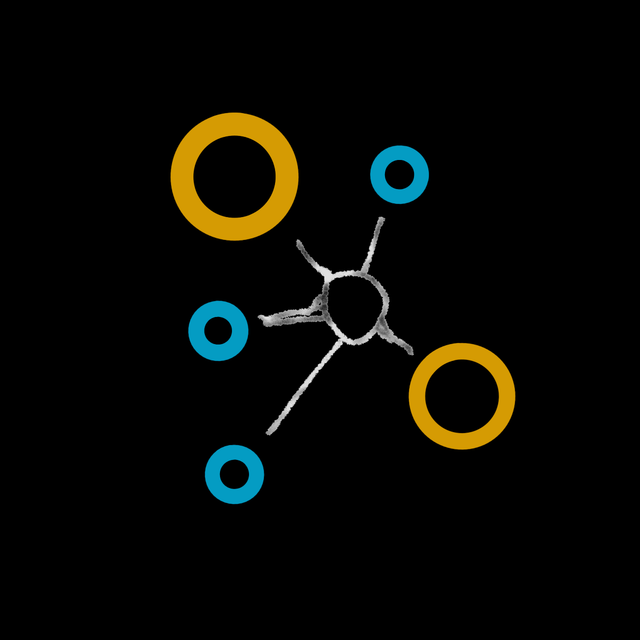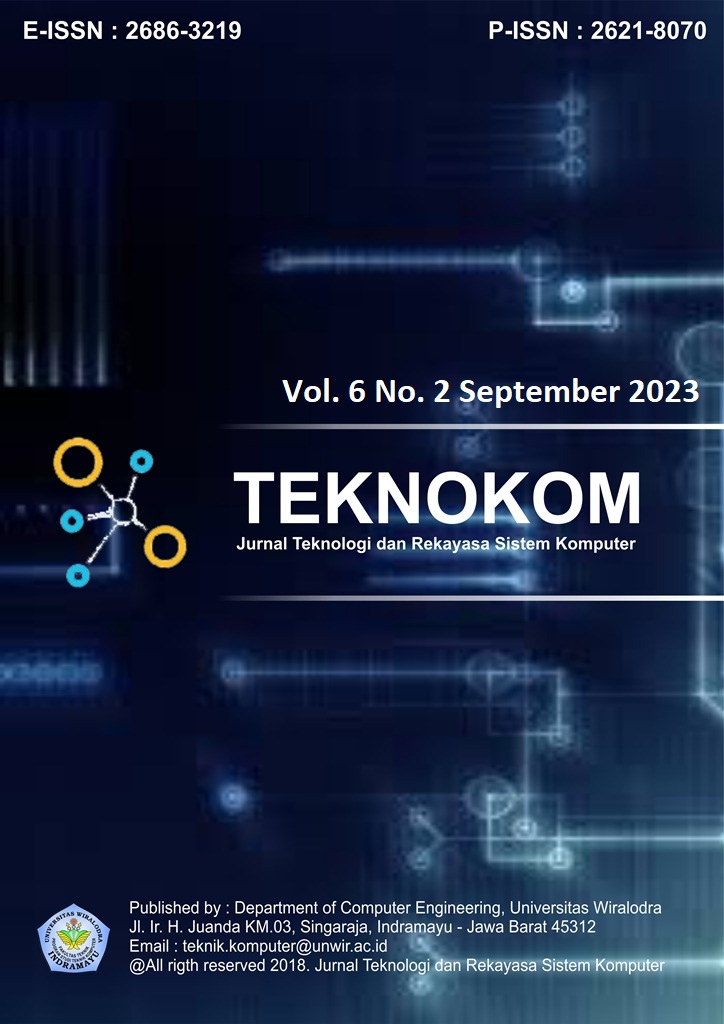IMPROVING EXAMPLE-PROBLEM-BASED-LEARNING (EPBL) WITH GROW COACHING MODEL AND DESIGN SPRINT TO OPTIMIZE PRE-INCUBATION CURRICULUM: CASE STUDY OF USER INTERFACE DESIGN
##plugins.themes.academic_pro.article.main##
Abstract
Learning to develop user interfaces is one of the subject matter in startup business pre-incubation activities in PT. Tunas Inkubator Creative Startup. The Example-Problem Based Learning (EPBL) learning method is proven to be able to improve students' cognitive abilities (hard skills). However, hard skill competence alone is not enough to measure one's ability. This research aims to improve the hard skill competencies, as well as the soft skills of the tenants. The contribution to this research is that researchers apply the GROW coaching model method to measure tenant motivation and insert design sprints into the Example-Problem-Based Learning method. Where the function of the design sprint is to improve the attitude of cooperation between teams. The improvisation of learning methods in this study aims to measure students' speed in mastering user interface design subjects. From the trial results it is known that tenants can complete the user interface design within 2 weeks.
##plugins.themes.academic_pro.article.details##

This work is licensed under a Creative Commons Attribution-NoDerivatives 4.0 International License.
References
- Jullia Saad at all, “UX work in software startups: A thematic analysis of the literature", Information and Software Technology, Elsevier, 2021, DOI:https://doi.org/10.1016/j.infsof.2021.106688
- Vebjørn Berg at all, “Software Startup Engineering: A Systematic Mapping Study”, The Journal of Systems & Software (2018), doi: 10.1016/j.jss.2018.06.043.
- Yordan Patra Savira, “Analisis User Experience pada Pendekatan User Centered Design dalam rancangan Aplikasi Placeplus”, Department of Informatics, Islamic University of Indonesia, 2020, Automata Vol 4 No 2.
- Noor Hisham Jalania, “Efficiency Comparisons between Example-Problem-Based Learning and Teacher-Centered Learning in the Teaching of Circuit Theory”, Elsevier LTD, Social and Behavioral Sciences 204, (2015) 153– 163.
- Ashutosh Muduli at all, “Pedagogy or andragogy? Views of Indian postgraduate business students”, Elsevier, II MB Management Review, 2018, 30, 168–178
- Senhadji Hassane at all, “Competency Ice-Berg Model - A quality view to the university”, Revue Organisation & Travail, (2021), Volume 10, N°4 .
- Subramaniam Kolandan at all, “Measuring the Competency of Teachers in Business Studies towards Students' Academic Achievement”, Universal Journal of Educational Research 8(8): 3475-3483, 2020, DOI: 10.13189/ujer.2020.080822.
- Saul W. Brown at all, “From GROW to GROUP: Theoretical issues and a practical model for group coaching in organisations”, Coaching: An International Journal of Theory, Grant Research and Practice Vol. 3, No. 1, March 2010, 30-40
- Mary Devine at all, “How can coaching make a positive impact within educational settings?”, Elsevier LTD, Social and Behavioral Sciences 93 (2013) 1382 – 1389
- C.O. Okorie et all, “Zoom-based GROW coaching intervention for improving subjective well-being in a sample of school administrators: A randomized control trial”, Elsevier, 2022, doi.org/10.1016/j.invent.2022.100549.
- Stevens, M.at all, “The Impact of GROW Coaching Model on Soft Skills Development. International Journal of Coaching Psychology”, 2020, 8(2), 87-103.
- Lee, J., at all, “Enhancing Soft Skills through GROW Coaching Model: An Empirical Study”, Journal of Applied Coaching Psychology, 2021, 7(1), 35-49.
- Knapp, J. at all, Sprint: How to Solve Big Problems and Test New Ideas in Just Five Days, Simon & Schuster, 2016.
- Reddy, B., & Ravikumar, S. “The Impact of Design Sprint on Soft Skills of Design Students”, International Journal of Advanced Science and Technology, (2021), 30(4), 1888-1897.
- Smith, J., at all, “The Influence of Design Sprint on Soft Skills Development: A Case Study”, Journal of Design Education, 2020, 15(2), 45-58
- Brown, A., at all, “The Impact of Design Sprint on Team Soft Skills”, Journal of Innovation and Design, 2022, 10(2), 45-62.
- Johnson, M., at all, “Enhancing Soft Skills through Design Sprint: A Case Study”, International Journal of Design Thinking and Innovation, 2021, 7(1), 18-32
Most read articles by the same author(s)
- Eko Heri Susanto, PRE-INCUBATION FRAMEWORK OF SOFTWARE STARTUP USING GROW COACHING MODEL, BLOCK SCHEDULING AND DAILY SCRUM , TEKNOKOM: Vol. 5 No. 2 (2022): TEKNOKOM


 https://ijeeemi.poltekkesdepkes-sby.ac.id/pages/pulsayuk/
https://ijeeemi.poltekkesdepkes-sby.ac.id/pages/pulsayuk/
